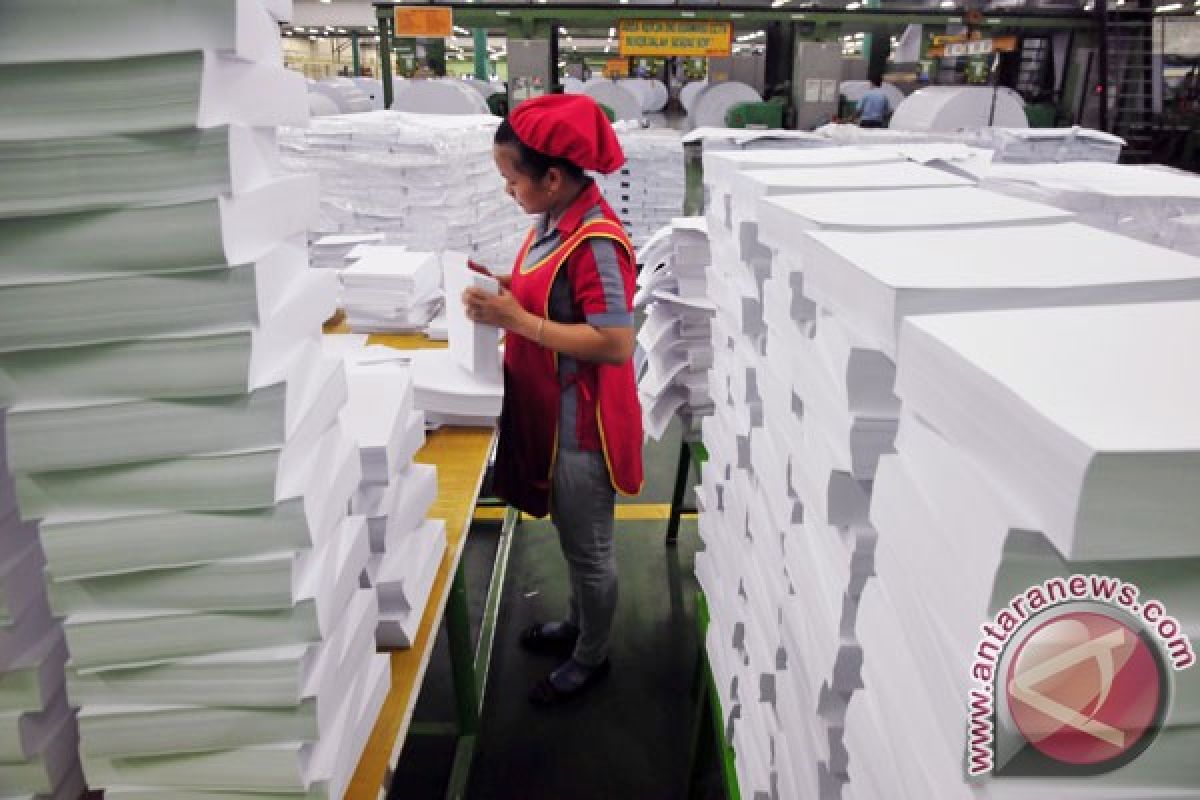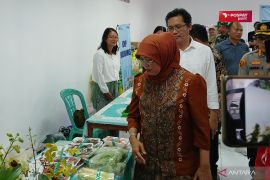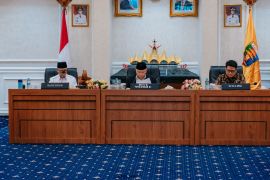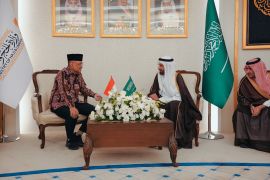"The victory over this dispute is very important, considering its systemic impact on allegations of dumping from other countries. The Panel's decisions and recommendations are expected to minimize similar allegations in future," Trade Minister Agus Suparmanto noted in a statement in Jakarta on Thursday.
The decision was stated in the final report of the dispute over BMAD for A4 copy paper products from Indonesia that was issued by the WTO yesterday, Wednesday (Dec 4).
The dispute between Indonesia and Australia took place on September 1, 2017. The Trade Minister emphasized that the WTO stated that Australia's policy of imposing BMAD on A4 copy paper products from Indonesia violated Articles 2.2 and 2.2.1.1 of the WTO anti-dumping agreement.
Australia was proven to have violated some provisions in the WTO anti-dumping agreement, specifically Article 2.2. WTO anti-dumping provisions since it disregarded the Indonesian producers’ domestic sales prices based on an incorrect interpretation of Article 2.2 of the Anti-Dumping Agreement and calculated a constructed normal value even though a proper comparison of the domestic sales prices to the export sales prices was possible.
Article 2.2.1.1 of the WTO's anti-dumping provisions was violated since Australia refuses to use the actual accounting data of producers although the data meets generally accepted accounting principles (GAAP) and reasonably reflects the costs associated with production.
Subsequently, drawing reference to the first sentence of Article 2.2 of the WTO anti-dumping provisions, Australia (a) has no basis for using pulp export prices from Brazil and South America to China and Korea, (b) does not take profits from the reference price of the pulp used.
In the meantime, in connection with the Indonesian government's claim against the finding of Particular Market Situation (PMS) in the Indonesian paper industry by the Australian Authority, the Panel ruled that the findings could not be proven to violate Article 2.2 of the WTO Anti-Dumping Agreement.
Nonetheless, the Panel decided, whether PMS exists or not, the Investigative Authority must still conduct proper comparison between the domestic and export prices in determining the normal value as necessitated by Article 2.2 of the Anti-Dumping Agreement.
Based on this decision, the Panel recommends that Australia take corrective action by making adjustments to the calculation of the amount of margin dumping that has been set on A4 copy paper products from Indonesia since April 20, 2017.
In this final report, Minister of Trade Agus stated that the two countries also agreed to not appeal to the WTO Appellate Body.
"Considering the development of the current condition of the AB (Appellate Body) of the WTO, Indonesia and Australia will then ensure the next stage, specifically implementing the Panel's recommendations by Australia within a period that will be mutually agreed upon," Suparmanto stated.
Director General of Foreign Trade Indrasari Wisnu Wardhana also confirmed the WTO's decision of Indonesia’s victory in the lawsuit.
"This victory is expected to improve the performance of Indonesia's paper exports to Australia. The value of paper exports decreased, from US$34 million in 2016 to US$12 million in 2018 owing to the imposition of BMAD of 12.6 percent to 38.6 percent by Australia," Wisnu stated.
Furthermore, the Ministry of Trade will continue to tackle various trade barriers to Indonesia's exports abroad.
Related news: Indonesia renews poultry import regulation following WTO decision
Related news: Indonesia takes biodiesel issue to WTO
Close
EDITED BY INE
Translator: Sella P, Azis Kurmala
Editor: Rahmad Nasution
Copyright © ANTARA 2019












